Buy An Apartment
Buying an apartment is often one of the most significant investments you will ever make. The process can be very challenging if you’re unsure of how to proceed, so it’s imperative to be well-prepared. While you don’t need to follow these steps in exact order, they serve as a general guideline for approaching the buying process.
You might already have a real estate attorney selected, or you may be paying in all cash and don’t need a lender. Each situation is unique. Depending on the current market or specific programs, I may suggest alternative approaches not covered in the video. My goal is to help you better understand what it’s like to buy in NYC. Please feel free to reach out if you have additional questions so I can make your buying process as smooth as possible.
- STEP 1
- STEP 2
- STEP 3
- STEP 4
- STEP 5
- STEP 6
- STEP 7
- STEP 8
Financing or All Cash
Will you be paying all cash, or will you be financing through a financial institution? The last thing you want is to find the perfect place only to realize you aren’t qualified. An even worse situation is being qualified but not having everything in place and losing the apartment to someone who is fully prepared.
If you are not paying all cash for your new home, make sure to first speak with a mortgage broker, mortgage banker, or lender to obtain a pre-approval letter. This simple and quick process provides you with a realistic idea of how much you can finance. If you are not a U.S. citizen, this process might be more challenging, and alternative avenues may need to be explored.
If you need assistance connecting with a mortgage broker, banker, or lender, feel free to contact me, and I can provide you with several options.
Real Estate Attorney
The next crucial step in getting qualified is having a real estate attorney. Imagine you’re walking around one day, stop by an open house, and fall in love with the apartment. You put in an offer immediately, and it gets approved. Unfortunately, if you don’t have a real estate attorney, or if you don’t find one quickly, the seller might choose another buyer because they can’t send contracts to what should be the buyer’s attorney. Always be prepared and have a real estate attorney ready.
If you need assistance connecting with a real estate attorney, feel free to contact me, and I can provide you with several options.
Condo or Coop
Before determining where you want to live, it’s essential to decide whether you would prefer to live in a condo or a co-op. Here, I’ll provide a brief overview of the main differences. For a more detailed explanation, please check out my “Co-ops vs Condos In NYC” video.
Condos
When buying a condominium (condo), you are purchasing an individual piece of real property. You own the apartment along with an undivided interest in the common areas. You are responsible for paying both real estate taxes and common charges, and there is no underlying mortgage.
Co-ops
When purchasing a cooperative (co-op), you are buying shares in a corporation rather than owning real property. You pay maintenance fees instead of common charges and real estate taxes, which are partially tax-deductible.
Approximately 75 percent of apartments for sale in NYC are in co-ops, while about 25 percent are in condos. Beyond these percentages, several factors may influence your decision between a co-op or a condo:
- Timing: When do you need to close?
- Down Payment: How much money can you put down?
- Usage: Do you plan on using the apartment as a pied-à-terre?
- Subletting: Do you plan on subletting your apartment in the near future?
- Budget: How much are you willing and able to spend?
- Ownership: Are you buying the apartment for yourself or someone else? (Consider the difficulty of getting approved.)
General Comparisons
Condos
- Closing Time: Typically 1-2 months from the day contracts are signed.
- Down Payment: Usually 10 percent.
- Pied-à-terres: Allowed.
- Subletting: Policies are generally lenient, usually offering 12-month leases at a time.
- Cost: Typically 30-40 percent more expensive than co-ops if all else is equal.
- Approval Process: Easier, with no board interview required; co-purchasing and guarantors are allowed.
Co-ops
- Closing Time: Typically 2-4 months from the day contracts are signed.
- Down Payment: Minimum of 20 percent, sometimes up to 50 percent or higher.
- Pied-à-terres: Often not allowed.
- Subletting: Policies can be very strict or prohibit subletting entirely.
- Cost: Typically 30-40 percent less expensive than condos if all else is equal.
- Approval Process: More complex and difficult, requiring extensive financial and background information, often disallowing co-purchasers and guarantors, and necessitating a board interview.
If you have additional questions or need assistance in navigating the buying process, please reach out to me. My goal is to help you better understand the intricacies of buying in NYC and make your experience as smooth as possible.
Real Estate Broker
Finding a real estate broker is an essential step in the home-buying process. While you can choose to search for an apartment on your own, working with a broker offers many advantages. Can you theoretically find an apartment on your own? Of course! However, a great broker brings several invaluable qualities to the table, including:
- Market Expertise: A deep understanding of the market dynamics.
- Negotiation Skills: The ability to negotiate the price and terms of the apartment effectively.
- Exclusive Access: Access to properties not currently on the market.
- Guidance Through the Process: Assistance throughout the entire buying process, which is often underrated.
In almost all cases, working with a buyer’s broker is at no cost to you. Given that buying a home is one of the most significant investments you will make, why not leverage the expertise of a real estate professional?
Wants Vs Needs
What Type of Apartment Are You Looking For?
At the beginning of your search, you might envision a 2-bed, 2-bath apartment in a new high-rise building with numerous amenities in Midtown West, but you could end up choosing a 3-bed, 3-bath walk-up on the Upper East Side. It’s essential to distinguish between your needs and wants. Let’s review your checklist together, excluding what we covered in the co-op vs condo section.
- Size and Layout: How much square footage and how many bedrooms/bathrooms do you need?
- Pets: Do you have pets?
- Sponsor Unit: Are you trying to find a sponsor unit? (What is a sponsor unit?)
- Amenities: Do you need a pool, gym, or basketball court?
- Laundry: Do you need a washer/dryer in the apartment or at least in the building?
- Elevator: Do you need an elevator?
- Doorman: Do you need a doorman?
- View/Exposure: Are you looking for a particular view or exposure?
- Public Transportation: How important is proximity to public transportation?
- Parking: Do you need a garage attached to the building?
- Finishes: Do you need specific finishes?
Understanding your priorities will help us narrow down the search and find an apartment that best fits your lifestyle and preferences.
Offer and Contract
From Making an Offer to Getting Contracts Signed
This stage is the most exciting yet potentially nerve-wracking part of the entire process. Before making an offer, ensure you have your REBNY financial form completed and delivered to your buyer’s broker (if you have one) or directly to the listing broker if you are not represented. This demonstrates to the selling broker that you are potentially qualified for the apartment.
When you make an offer through a broker, the broker is legally obligated to submit that offer to the owner. If the offer is low, the owner may counter. However, if the offer is too low, the owner might not respond at all, feeling offended by the lowball offer. If there are multiple offers close to or at the asking price, a bidding war may ensue, driving up the price of the apartment.
Once the owner accepts the buyer’s offer, contracts will be sent to the real estate attorneys representing both the buyer and the seller. After both parties agree on the contract language—which includes the closing date, contingencies, price, and other terms—the buyer puts down an earnest deposit. With contracts signed, the deal moves on to the next step…
Application and Approval
Depending on the strictness of the building management and whether you are applying for a condo or a co-op, this can be the most time-consuming part of buying an apartment. Your broker should provide you with the application and board requirements. While these requirements vary, you will likely need to include tax returns, a financial statement with supporting documentation, bank statements, letters of recommendation, and other information specified in the application form.
Condos and sponsor units typically do not require interviews, but co-ops will. Reaching the interview stage in the co-op process is a great sign! After submitting the application and/or completing the board interview, you will hopefully receive notification of your approval. Now it’s time for the best part…
The Closing
The day is finally here! All your hard work has paid off. The closing day is quite straightforward. You will begin with a walkthrough of the apartment to ensure everything is in working order. Then, the attorneys, seller, buyer, title representative, and both brokers will gather in a room, often chatting and enjoying refreshments while waiting for the funds to transfer and documents to be signed. Once everything is finalized, the buyer will receive the keys and be ready to move in.
If you’ve reached this point, congratulations! You have just purchased your new home. This is a very exciting time in your life!
This overview covers the basic steps, but if you have additional questions about the buying process or need representation, please contact me at [email protected].
ARTICLES FOR BUYERS
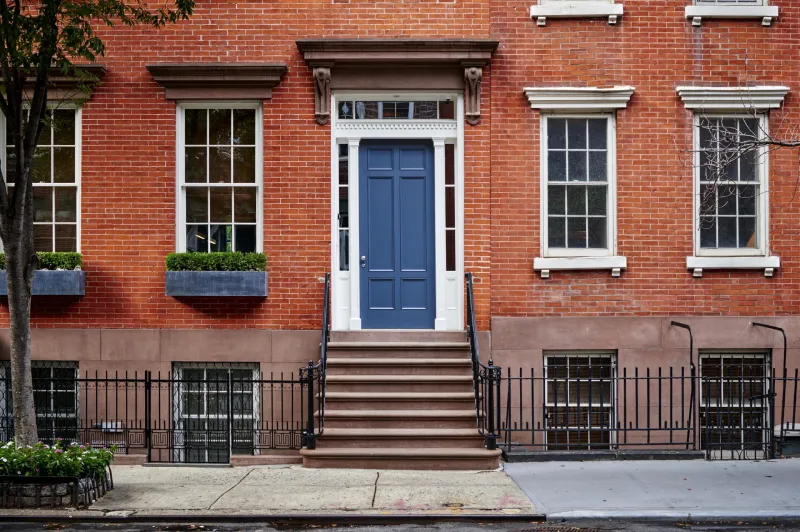
The Process Of Buying A Townhouse Or Single-Family In NYC
A townhouse or single-family offers more privacy and control, but it comes with its own sets of challenges and problems that you should be aware of.
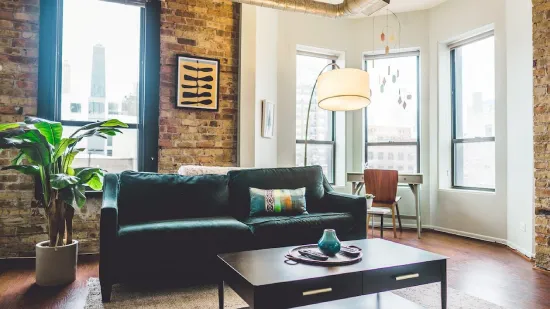
How To Financially Plan The Purchase Of Your First Apartment In NYC
When you are buying your first apartment in NYC, you may wonder “how difficult it can be to switch from
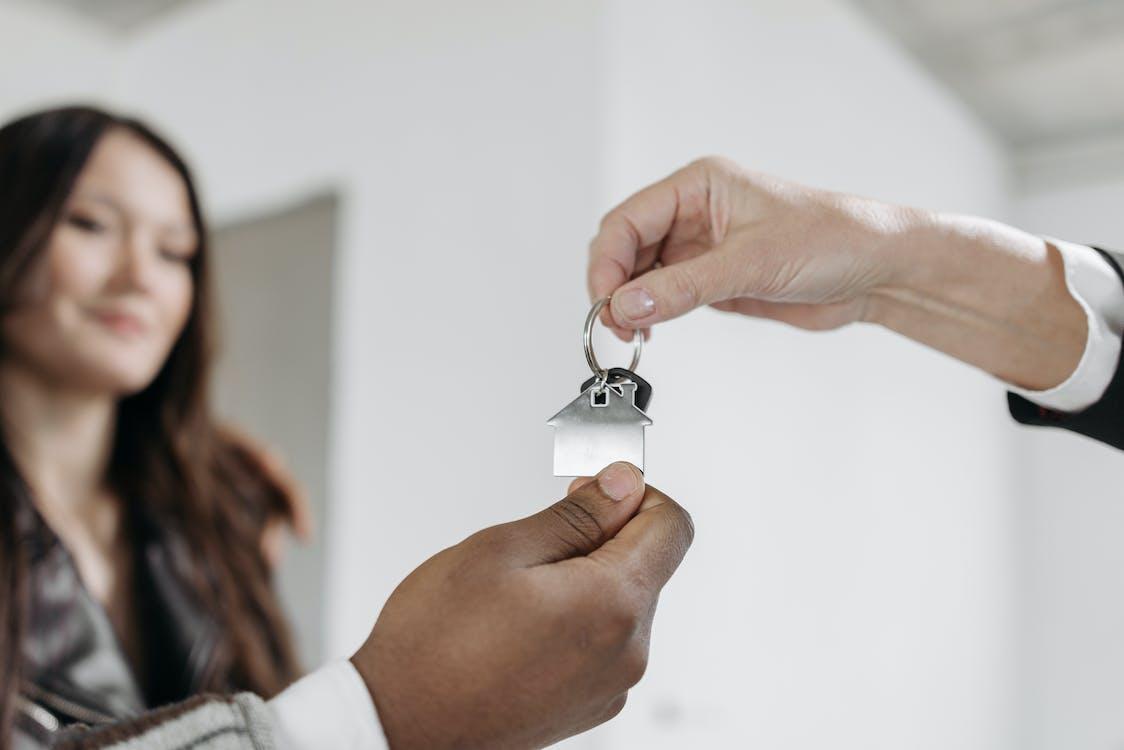
How Do You Win A Bidding War When You Are Buying In NYC?
Bidding wars are common in a seller’s market when there are fewer properties and a lot of buyers. A bidding
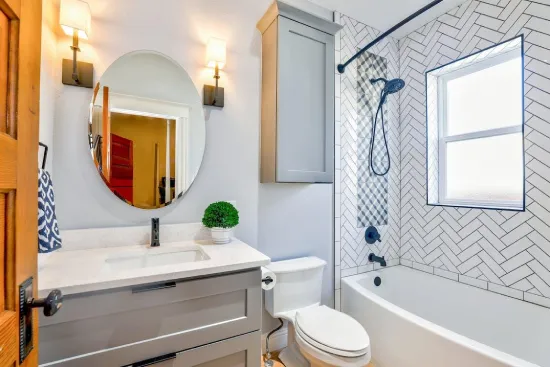
How To Plan A Budget-Friendly Bathroom Renovation
Bathrooms are one of the few places in your home where remodeling/renovation can increase the property’s value, at least enough

What is New Development?
New development is usually a newly constructed or heavily renovated structure that is for sale directly by the developer responsible for the construction/renovation.
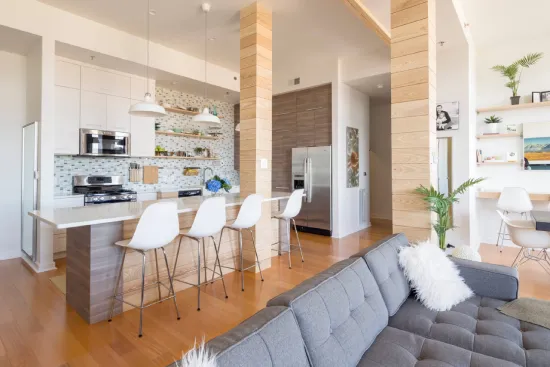
What Is A Condop?
Condops are co-ops with commercial properties in which residential units are combined in a co-op while commercial units retain the freedom of condos.








